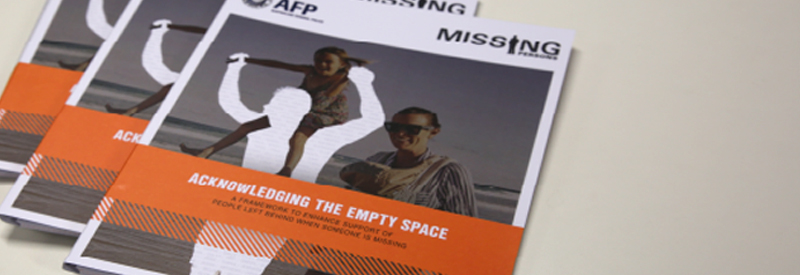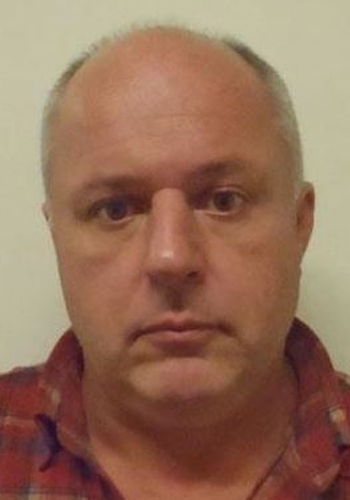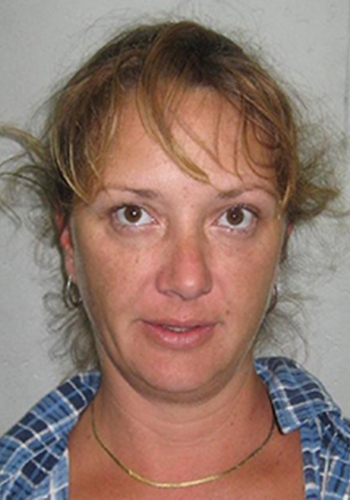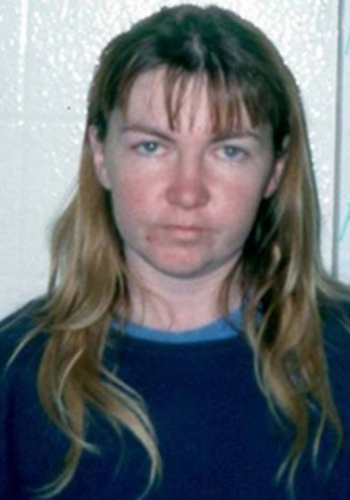AFP launch updated framework to support those with a missing loved one

The Australian Federal Police (AFP) National Missing Persons Coordination Centre (NMPCC) today launched an updated missing persons framework in collaboration with the University of New England and public health researcher Dr Sarah Wayland.
Acknowledging the Empty Space: A framework to enhance support of people left behind when someone is missing provides an update to the 2007 edition combining international research with practical advice to assist police, media and counsellors in supporting people with a missing loved one.
More than 38,000 missing person reports are made to police every year in Australia and while the majority of missing persons are found safe and well, more than 2,600 remain missing long-term.
All missing persons leave behind a network of people who must be supported.
AFP Assistant Commissioner, Debbie Platz said the reasons for a person’s disappearance are many and varied but for each missing person there are family, friends, colleagues and a community left wondering what has become of someone they love.
“Dr Wayland’s updated framework provides an incredible opportunity to support those left behind and educate everyone involved including law enforcement, counsellors, media and the wider community,” AC Platz said.
Researcher and former manager of the NSW Department of Justice, Families and Friends of Missing Persons Unit Dr Wayland outlined what typically happens when someone goes missing and the impact their disappearance has on families and friends.
"Often, when people came for counselling, they'd say they were traumatised not just by the fact that their loved one was missing but also by people's uncertainty about the support they might need, purely because they had never faced such a loss before," Dr Wayland said.
The updated framework contains insights from family members, friends and others who have experienced firsthand the pain caused when a loved one goes missing. The framework explores how supportive interventions and social connectedness can ease the burden of ‘not knowing’ by providing information on how to support and interact with families and friends left behind.
To launch the release of the update of this highly anticipated framework, the NMPCC will be hosting a Facebook Live Q&A Session on their Facebook page at 12.30 pm today. The Q&A will provide those interested with the opportunity to hear from and engage with Dr Wayland to learn more about the updated research.
The updated framework is available on the NMPCC website: https://missingpersons.gov.au/about/publications





